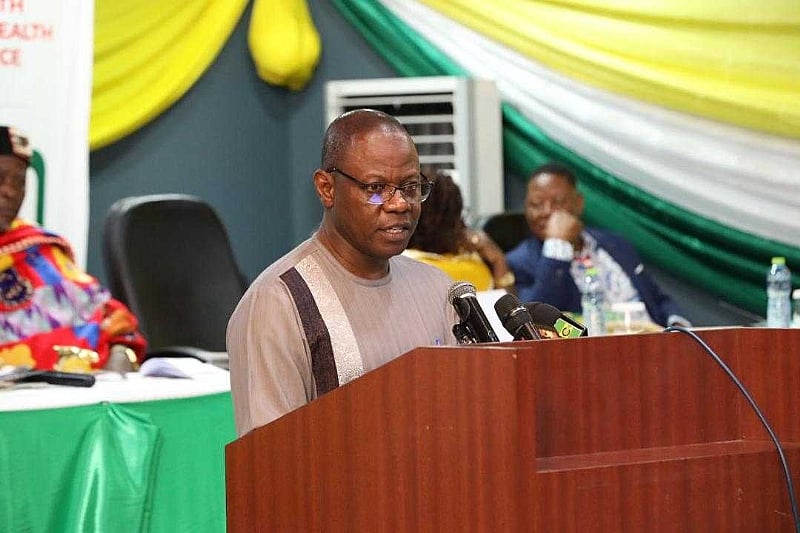The Ghana Health Service (GHS) has activated Public Health Emergency Management Committees (PHEMCs) across all regions in response to confirmed cholera cases in the Greater Accra region. This initiative aims to implement a coordinated national response to manage the outbreak, which initially appeared in the Ada West District on October 4. A statement released by GHS on October 14 reported the first confirmed cholera case involving an individual who exhibited symptoms after attending a funeral in Ada East. The patient arrived at a health facility with symptoms including vomiting, diarrhea, and abdominal pain, indicating the severity of the infection.
The situation escalated rapidly, as by October 11, the cholera outbreak had spread, with nine confirmed cases identified in both Ada West and Ada East districts. In an effort to stop further transmission, the GHS has instituted a multi-sectoral response incorporating various key organizations, including the National Disaster Management Organisation (NADMO), the Ghana Education Service (GES), and the National Commission for Civic Education (NCCE). This collaborative approach is crucial for effective management and coordination of resources and information in combating the outbreak.
To ensure a swift and effective response, GHS has activated a joint Public Health Emergency Rapid Response Team (PHERRT). This team is responsible for overseeing investigations into the outbreak, performing environmental assessments, and leading public education campaigns designed to inform the community about cholera and its prevention. The focus on rapid response is essential in the early stages of an outbreak, as timely interventions can significantly mitigate the impact of the disease.
Among the key activities undertaken by the GHS is the implementation of public education campaigns emphasizing cholera prevention. These efforts cover vital aspects such as the importance of safe drinking water, sanitation practices, and hygiene behaviors. Educational outreach is being conducted through various platforms, including mobile vans and radio sessions, to ensure that the affected communities receive vital information. Additionally, GHS is conducting community case searches and has established oral rehydration centers for individuals displaying mild symptoms of cholera, demonstrating a proactive approach to treatment.
In areas affected by the outbreak, GHS has also commenced the distribution of potable water and is actively conducting water sampling for microbiological analysis to identify and mitigate sources of contamination. Access to clean drinking water is a critical component in reducing cholera transmission, highlighting GHS’s commitment to addressing environmental health concerns alongside public health. The ongoing public education and access to clean water are integral to the efforts aimed at curbing the outbreak in the Greater Accra region.
Finally, health workers on the front lines in the affected districts have been provided with training on proper case definitions, sample management, and infection prevention protocols. This capacity building is essential to ensure that health professionals are well-equipped to detect, manage, and prevent further cases of cholera. As the GHS continues its multifaceted response to the outbreak, the collaborative and well-coordinated efforts among various institutions reflect a commitment to protecting public health and ensuring community resilience against cholera and other preventable diseases.


